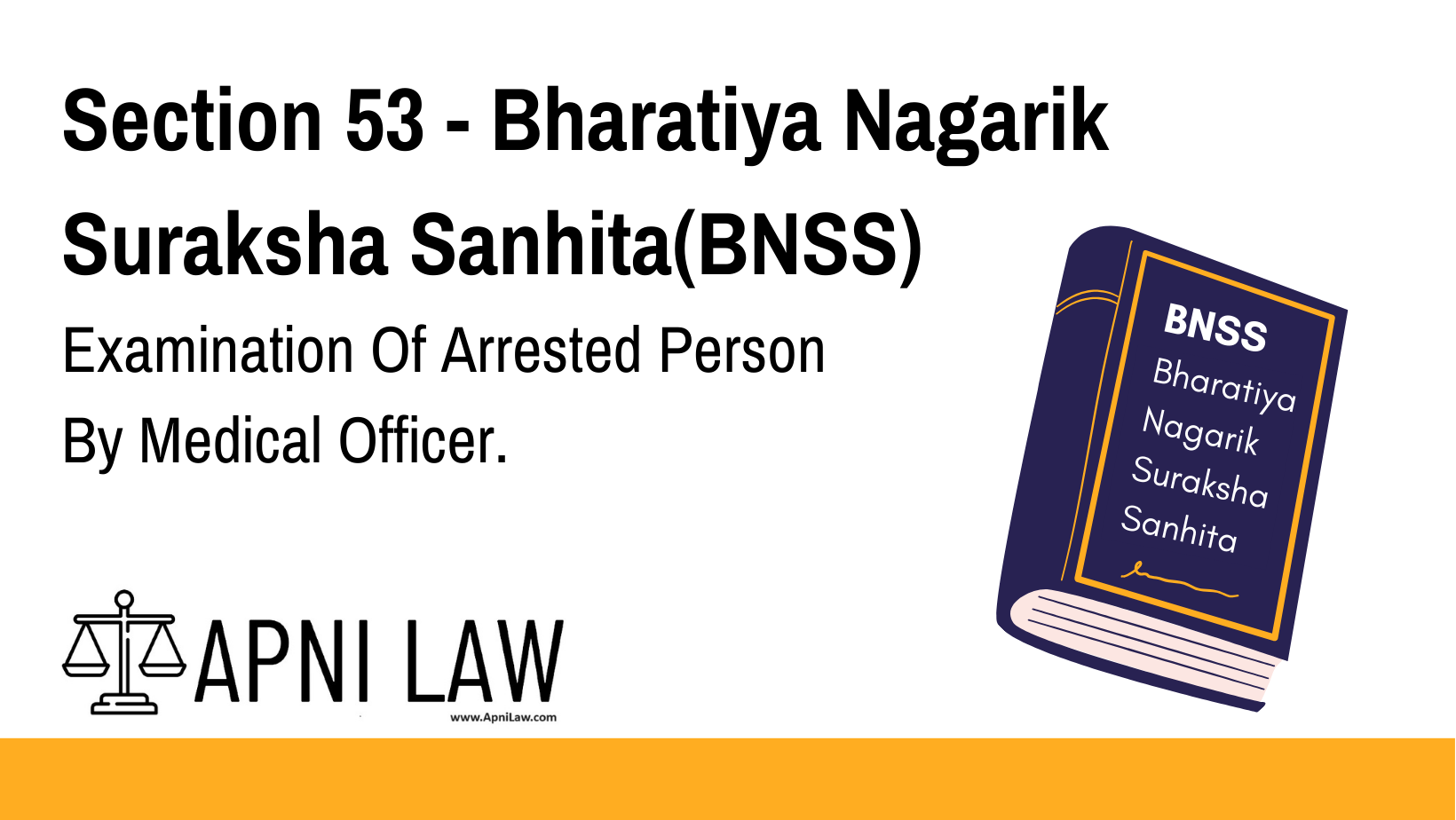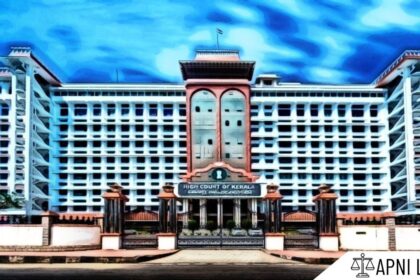Bharatiya Nagarik Suraksha Sanhita (BNSS) Section 53: Examination Of Arrested Person By Medical Officer
Code:
(1) When any person is arrested, he shall be examined by a medical officer in the
service of the Central Government or a State Government, and in case the medical officer is
not available, by a registered medical practitioner soon after the arrest is made:
Provided that if the medical officer or the registered medical practitioner is of the
opinion that one more examination of such person is necessary, he may do so:
Provided further that where the arrested person is a female, the examination of the
body shall be made only by or under the supervision of a female medical officer, and in case
the female medical officer is not available, by a female registered medical practitioner.
(2) The medical officer or a registered medical practitioner so examining the arrested
person shall prepare the record of such examination, mentioning therein any injuries or
marks of violence upon the person arrested, and the approximate time when such injuries or
marks may have been inflicted.
(3) Where an examination is made under sub-section (1), a copy of the report of such
examination shall be furnished by the medical officer or registered medical practitioner, as
the case may be, to the arrested person or the person nominated by such arrested person.
Explanation: on Examination Of Arrested Person By Medical Officer
This code mandates a medical examination for every person arrested. The purpose is to document any injuries or marks of violence on the arrested person, ensuring that they are not subjected to torture or ill-treatment during custody. This examination is crucial for establishing the cause of any injuries and potentially holding officers accountable for any misconduct.
Illustration:
A person is arrested for theft. Soon after, a medical officer examines the person and finds bruises on their arms and legs. The medical officer notes these injuries in the report, including the approximate time they might have been inflicted. This documentation can be used as evidence in court if the individual claims they were beaten during arrest.
Common Questions and Answers:
Q: Who can perform the medical examination?
A: A medical officer in the service of the Central or State Government is the preferred option. If not available, a registered medical practitioner can perform the examination. If the arrested person is female, only a female medical officer or registered medical practitioner can conduct the examination.
Q: What is included in the medical report?
A: The report should document any injuries, marks of violence, and the approximate time of their infliction. It should be a detailed and accurate record of the physical condition of the arrested person.
Q: What happens if the arrested person refuses the examination?
A: The medical examination is mandatory. Refusal can be construed as obstruction of justice, which could have further legal consequences.
Q: Can the arrested person get a copy of the report?
A: Yes. A copy of the medical report must be provided to the arrested person or their nominated representative.








